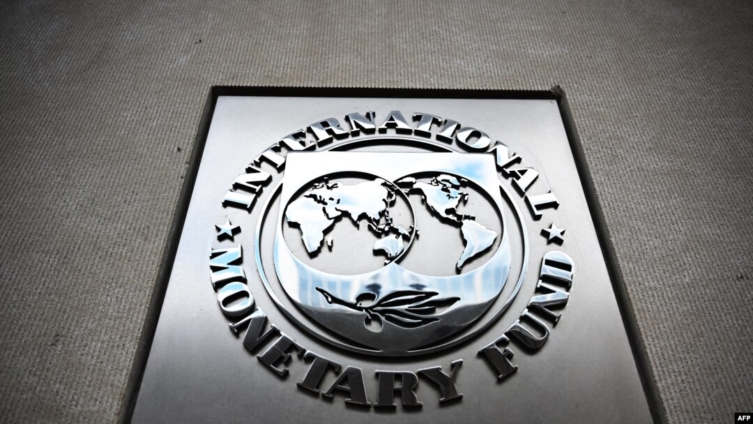
Audio By Carbonatix
The International Monetary Fund (IMF) has revealed that proposals to re-negotiate Ghana’s programme must be guided by the fiscal objectives of the Extended Credit Facility (ECF).
The IMF noted that leading presidential contenders before the December 7 Elections “have also promised vast spending programmes, which will need to be carefully executed to ensure continued adherence to the programme’s fiscal objectives”.
The concerns were captured in the IMF staff report, which was submitted to its board on December 2, 2024, following discussions with the government at the end of October 4, 2024.
President-elect John Dramani Mahama has already pledged to review and adjust Ghana’s existing agreements with development partners such as the IMF and the World Bank to align with the country’s current needs and aspirations.
Ghana received some $360 million from the IMF in December 2024 after passing the third review.
The concerns by the IMF are coming at a time when President-elect John Mahama has indicated that he will move to re-negotiate Ghana’s programme with the IMF and the World Bank.
The IMF staff report was completed on November 13, 2024. However, checks with the IMF have indicated that some of the concerns still stand.
The IMF in the staff report however noted that some of the promises by these presidential contenders, like tackling debt risks, increasing employment, and addressing high costs of living are consistent with the objectives of the current ECF-supported programme.
“Ensuring diligent programme implementation before and after the upcoming elections is paramount and warrants strong commitment from all stakeholders”, he said.
Risk to Ghana’s programme
The IMF in its staff report praised the government for the significant progress made under the fund programme.
“The authorities have adjusted macroeconomic policies and launched comprehensive reforms, which have impacted growth and inflation. There is little room for complacency, as vulnerabilities still exist and will require perseverance”, the IMF warned.
According to the IMF, a further reduction in the government’s fiscal deficit is needed by boosting domestic revenue and better-controlling government spending.
The IMF also noted that depending on how the political transition is handled, it could impact badly on Ghana’s programme going forward.
“Assurances from the main political parties on policy and reform continuity may help to mitigate these risks”, he pointed out.
Latest Stories
-
Semenyo to undergo Man City medical after agreement with Bournemouth
3 hours -
Car giant Hyundai to use human-like robots in factories
3 hours -
Nestle issues global recall of some baby formula products over toxin fears
3 hours -
Central African Republic president wins third term by landslide
4 hours -
Israel’s foreign minister on historic visit to Somaliland
4 hours -
Government can pay – Austin Gamey backs nurses and midwives’ salary claims
4 hours -
Protests won’t fix pay crisis – Austin Gamey urges patience for unpaid nurses and midwives
4 hours -
‘You’re invisible, you don’t exist’ – life without a birth certificate
5 hours -
At least 22 Ethiopian migrants killed in ‘horrific’ road crash
5 hours -
Uganda denies plans to block internet during election
5 hours -
Amad stars as AFCON holders Ivory Coast ease into last eight
5 hours -
Swiss ski bar not inspected for five years before deadly fire, mayor says
6 hours -
Wiyaala to be enskinned paramount queenmother of Funsi as Pulung Festival debuts
6 hours -
US discussing options to acquire Greenland, including use of military, says White House
6 hours -
GJA urges journalists to uphold ethics, pledges support for professional development
6 hours

